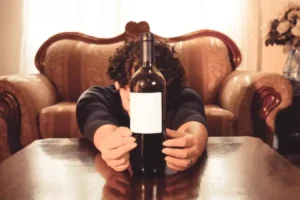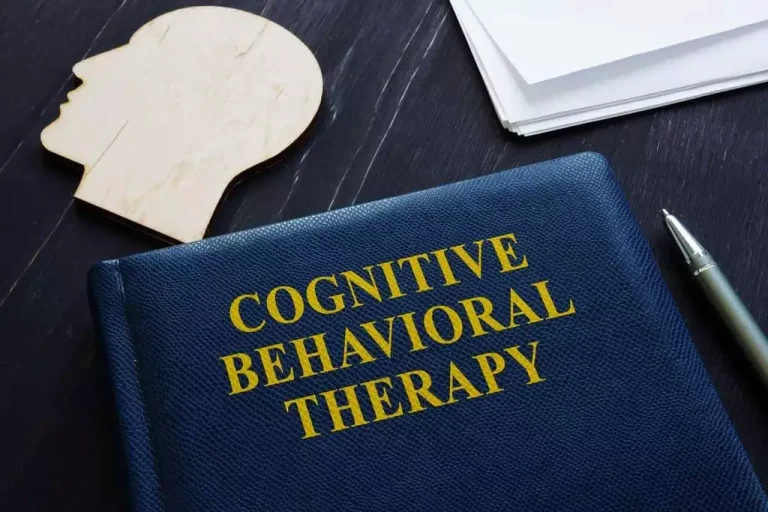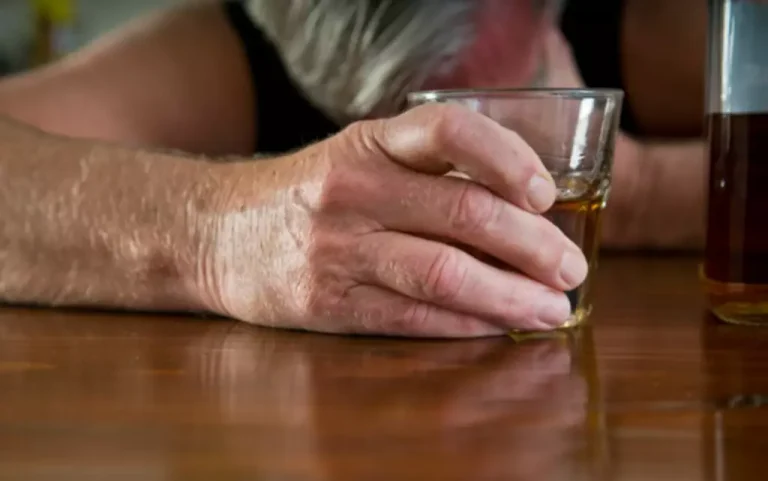
Please donate today to help us save, support, and change lives. Whether you choose to go to rehab, rely on self-help programs, get therapy, or take a self-directed treatment approach, support is essential. Recovering from alcohol addiction is much easier what happens when you stop drinking alcohol when you have people you can lean on for encouragement, comfort, and guidance. Without support, it’s easy to fall back into old patterns when the road gets tough. I don’t drink every day OR I only drink wine or beer, so I can’t be an alcoholic.
How long until your liver detoxes from alcohol?
- “Nutrition optimization is actually the most evidence-based and most important intervention aside from stopping drinking,” points out Dr. Lindenmeyer.
- A standard drink roughly translates to 12 ounces (0.35 liters) of beer at 5% alcohol by volume (ABV), or 5 ounces (0.14 L) of wine at 12% ABV.
- However, even a mild disorder can escalate and lead to serious problems, so early treatment is important.
- If you turn to alcohol to manage emotional distress, the added overwhelm can prompt the urge to drink, making success seem even more out of reach.
- There are several mild to moderate psychological and physical symptoms you might experience when you stop drinking.
It may make you feel drowsy and fall asleep quickly—but later in the night it messes with your sleep patterns as it works through your system. Since alcohol is a depressant, it can throw your sleep cycle off balance by slowing down your nervous system. As your nervous system speeds back up once the alcohol exits your system, you may experience sleep disruption and wake up more throughout the night. This can lead to poor function and sleepiness the following day. “Insomnia is pretty common among people who abuse alcohol,” Dr. McGrath says. “You may notice an increase in mental clarity and memory, [since] alcohol use can impact concentration and memory,” he explains.

Women and Alcohol
- These levels can be easy to hit if you sink shots, play drinking games, drink cocktails containing multiple servings of alcohol, or otherwise lose track of your intake.
- Did you know alcohol use can actually make you more prone to getting sick by undermining the immune system?
- Children are especially sensitive and can suffer long-lasting emotional trauma when a parent or caretaker is an alcoholic or heavy drinker.
- If you drink heavily for weeks, months, or years, you may have unwanted physical and mental symptoms when you try to stop.
- A counselor can advise on ways to cope with the mental and emotional aspects of withdrawal.
They can recommend treatment options that can help, including therapy and medications. Quitting drinking can have many important benefits for your physical and mental health, but there are many other types of benefits https://ecosoberhouse.com/ you may experience as well. The first day is always the hardest, but it’s also an important milestone. After 24 hours without alcohol, your body will start to detoxify and you may experience withdrawal symptoms.
- The likelihood of developing alcohol withdrawal increases with the amount and frequency of your alcohol intake.
- Genetic, psychological, social and environmental factors can impact how drinking alcohol affects your body and behavior.
- However, when you stop drinking, your liver will begin to repair itself and the damage will start to reverse.
- If you’re a heavy drinker, you might notice symptoms of alcohol withdrawal as soon as eight hours after going sober.
- Depending on how long you have used alcohol and how much you typically drink, the severity of these symptoms can range from mild to severe.
Your Relationships May Improve
A big part of alcohol recovery is taking steps to improve your lifestyle through changes like diet and exercise. If you’ve been trying to get to and maintain a weight that supports your health, quitting alcohol can help you meet that goal. Even if you know that there are benefits to quitting alcohol, it does not mean that it’s easy to stop drinking—especially if you’ve been misusing alcohol for a long time. Whether you are a heavy drinker or a binge drinker, excessive alcohol use can result in some serious risks to your health.
Different Drinking Levels
- It can be helpful to write down your reasons for quitting and the difficulty of withdrawal while it is fresh in your mind.
- You may also consider joining an online support group to help you feel less alone.
- Minor alcohol withdrawal symptoms typically set in about 6 hours after your last drink and may last 4 to 48 hours.
- You might also take anti-seizure meds and antipsychotics, along with other drugs.
What does drinking alcohol do to your body?

Reduced Heart Disease Risk

